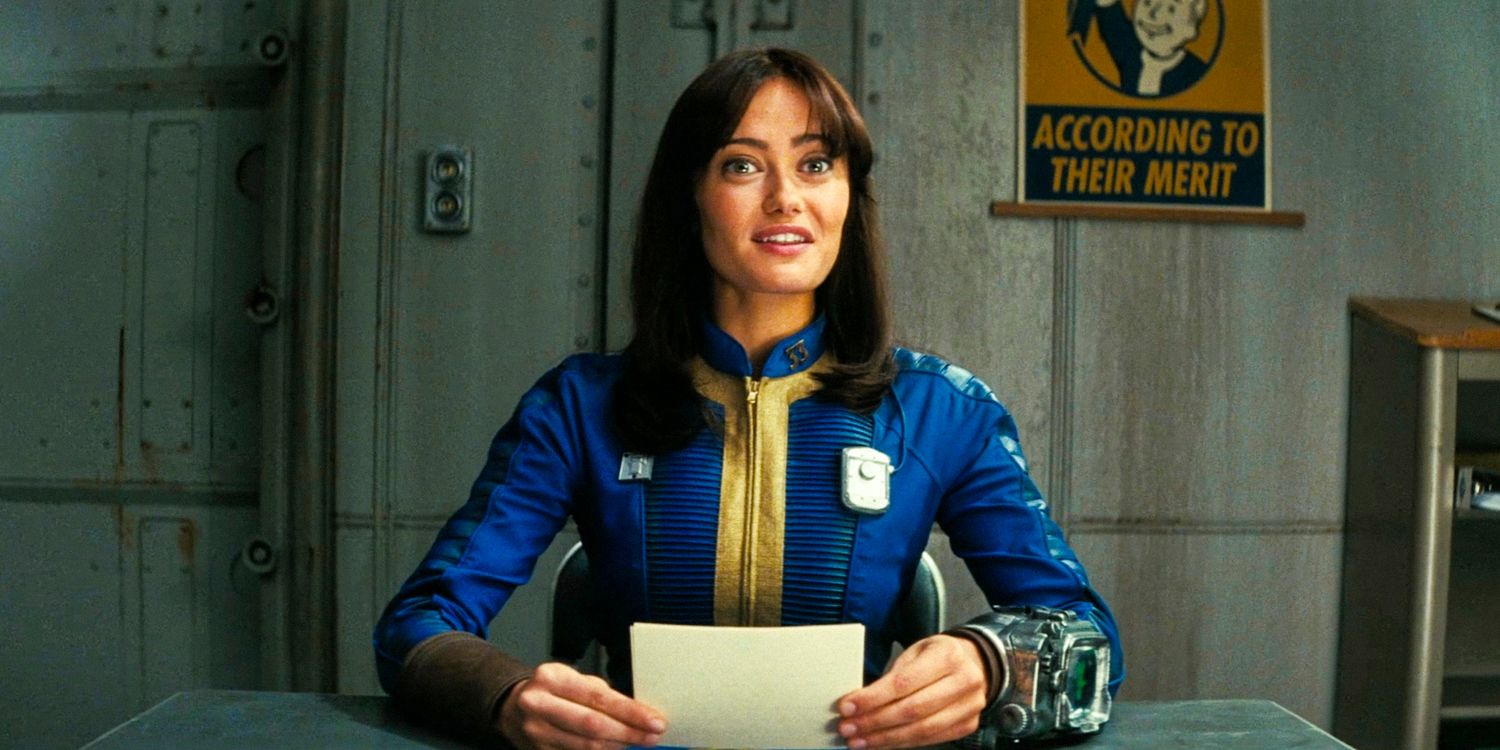The gag about the chickens in Fallout season 1 wasn’t just for laughs; it also had a deep meaning to it that relates directly to the games.

The gag about the chickens in Fallout season 1 wasn’t just for laughs, as it also carried a hidden meaning that relates directly to the games. Prime Video’s Fallout show hasn’t held back when it comes to game references and the mythology of the franchise. Every episode in season 1 was packed with connections to the Fallout video games. Some were instantly obvious, whereas others were a bit more subtle.
Drawing on familiar monsters, concepts, weapons, and ideas associated with the world of Fallout has been crucial to the show’s rising popularity. As a show set in the same canon as the games, it’s been easy for it to bring in a long list of Fallout Easter eggs and tie into several events from the games. And though the stories of Fallout’s main characters are original to the show, they too can be linked to the source material, as their experiences in the Wasteland mirror those of the player after they leave their vaults.
Fallout’s Chicken Joke Pays Tribute To A Huge Part Of The Fallout Games
The joke about the Snake Oil Salesman highlights that not every conflict is in black and white

Lucy’s encounter with the farmer and Fallout’s Snake Oil Salesman amounted to a surprising nod to the games. After intervening in their argument to defend the Snake Oil Salesman, she was told by the farmer that the other man was “f******” his chickens. On the surface, the line may have felt like a way for the show to add its signature humor to the situation, but in actuality, it was a moment that exposed an important truth about life in the Wasteland. As players in the Fallout games quickly realize, it’s rare that any conflict is exactly what it appears to be. This line taught Lucy the same lesson.
The Fallout games are littered with disagreements like the one between the Snake Oil Salesman and the farmer. It’s not unusual at all for a Fallout player to come across such a scene and be forced to make a choice: take sides with one of the characters or not get involved. The problem is that without having the whole story, the player often has to make a difficult judgment call when put in these situations. Whatever they do, because it’s not always an informed decision, it can easily become a choice the player second-guesses later. Through the Snake Oil Salesman, Fallout was able to give Lucy a taste of this classic video game dilemma.
Lucy’s Fallout Story Perfectly Copies The Fallout Games
Lucy faces a lot of the same obstacles as a typical Fallout player






